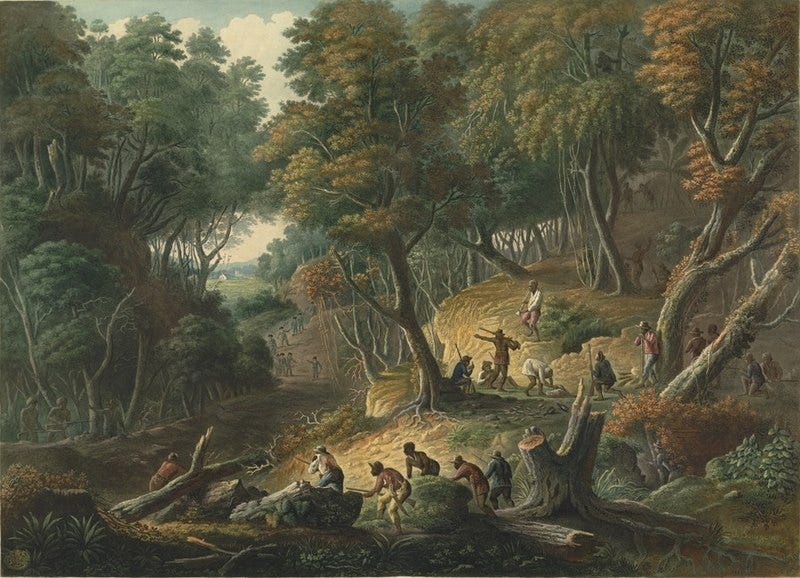Article Review of Greg Carr's "Toward an Intellectual History of Africana Studies," (2006)
Greg Carr, “Toward an Intellectual History of Africana Studies: Genealogy and Normative Theory,” The African American Studies Reader (2006), 438-452.

Beginning his article with a quote by Jacob H. Carruthers, Carr centers his article on the idea that Africana studies must as Carruthers argues “break the chain that links African ideas to European ideas and listen to the voice of the ancestors without European interpreters.”1 Carr, a professor of Africana Studies at Howard University, builds an argument that seeks to decouple African and European intellectual history.2 This review will discuss Carr’s theory and provide a short commentary.
Carr writes with passion and a near polemic intensity. Carr begins his essay noting that while Africana Studies is the academic dimension of “The Black Radical Tradition,” it remains captured by the “normative constraints” of the West. The idea of normative constraints, or established constraints, is crucial to Carr’s argument. Carr is emphatic that so long as Africana Studies remain integrated into the Western intellectual tradition, it will be impossible for Black Studies to truly advance. Carr suggests that in order to challenge the system, ideas need to emanate from the Black community and African traditions. Because of “the academy’s” inherent “genealogy” or deep connection and link to an intellectual tradition that degraded and dehumanized African people, it is forever impossible for the academy to remove itself from the flawed and racist structures that were inherent to “Western Civilization.”
Carr’s article is fascinating in that while he rages against the academy, is thoroughly a part of the institution and his ideas imbedded in Western ideas. For example, Carr’s article is thoroughly Marxist, which is a European developed thought. He rages against the Black bourgeoise for their integration into “the system,” yet in so defining this group and how he frames the argument as a class/race based struggle, he is adopting European terms for the debate.
In arguing for a distinct and separate school of African thought, Carr inherently rejects the commonalities of mankind, suggesting that other humans are incapable of understanding or even comprehending African communities. As a scholar who emphasizes the commonalities among mankind, believing that all mankind are children of God, I reject efforts to further divide humanity. Carr’s theory, while grandiose and intriguing, fails to address historical realities of a diverse array of African thought and culture or the similarities in thought across diverse peoples.
Ultimately, Carr is creating an ideology that seeks to unify those of African descent into a cohesive movement to resist certain aspects of Western thought (though apparently not Marxism). Carr creates a myth of Pan-Africanism that has been adopted by numerous scholars. I agree, the West has done much to harm those of African descent and students should learn about it, however, by creating further divides and creating myths to sustain a group identity, ultimately only more chaos and evil will ensue. It should be every man and woman’s goal to seek the truth, to speak the truth and not hide from the uncomfortable facts of the past. For though the truth may make us cringe, it will set us all free.
Robert Swanson
Greg Carr, “Toward an Intellectual History of Africana Studies: Genealogy and Normative Theory,” The African American Studies Reader (2006), 438.
This link is to Dr. Carr’s website: https://www.drgregcarr.com/about



